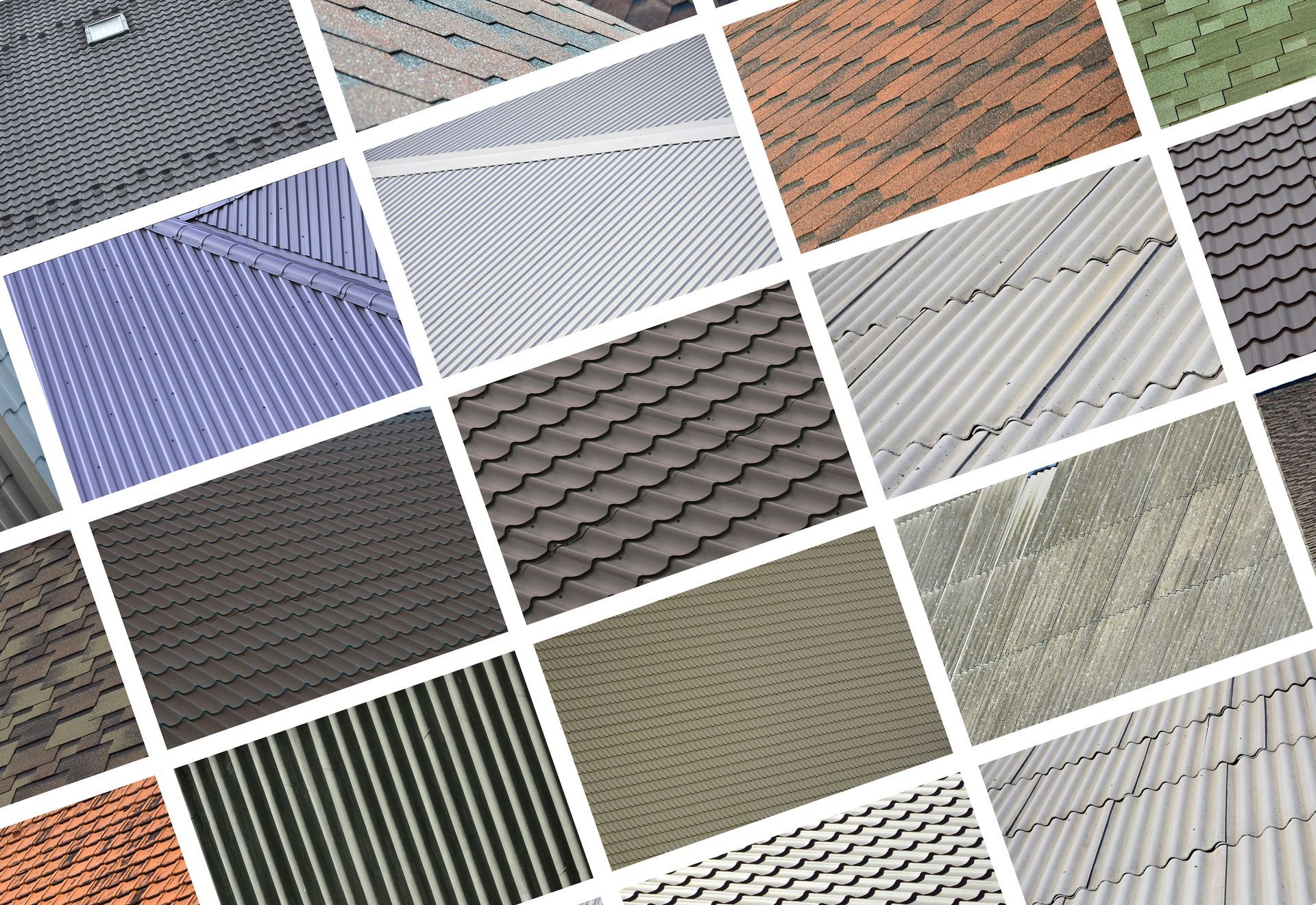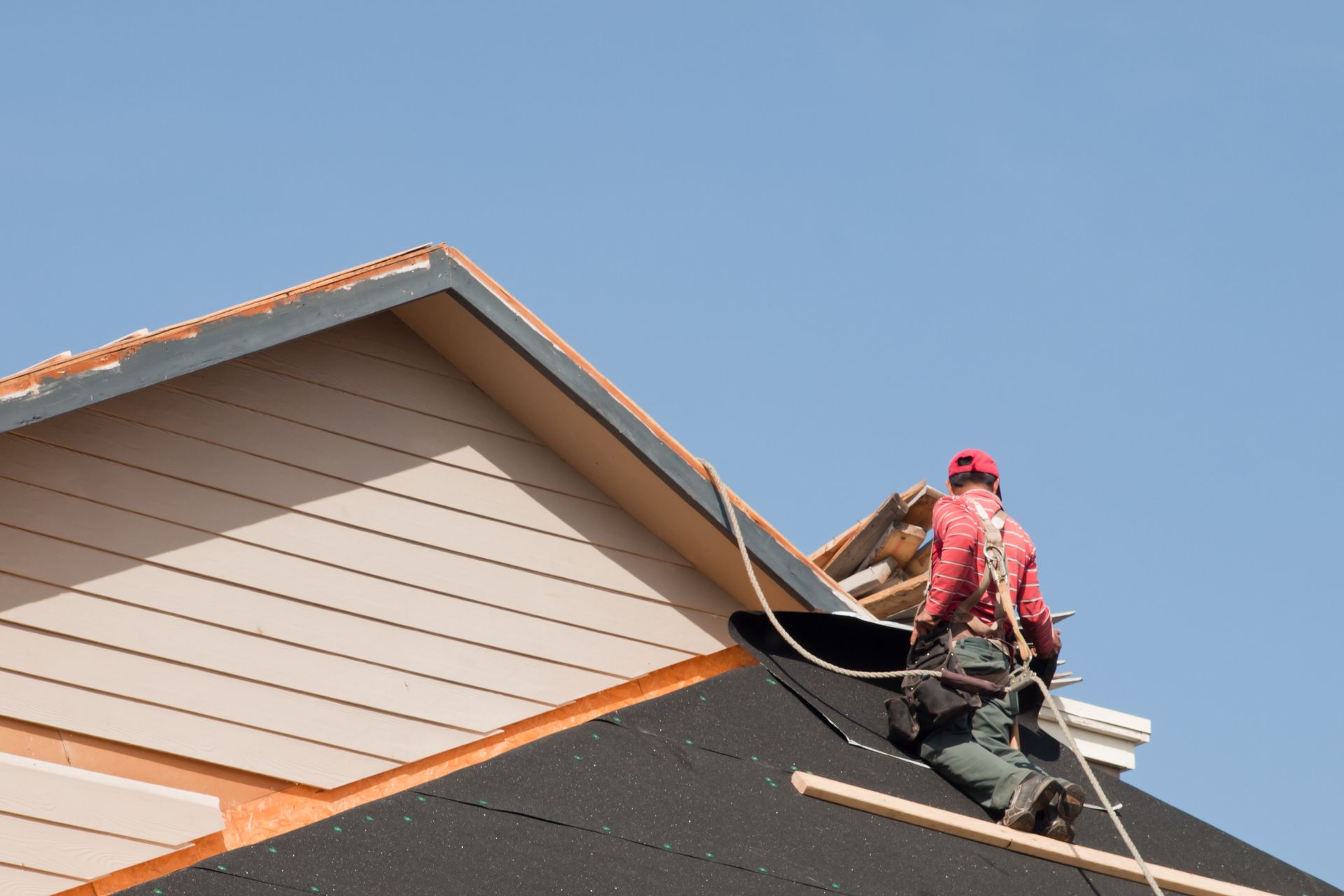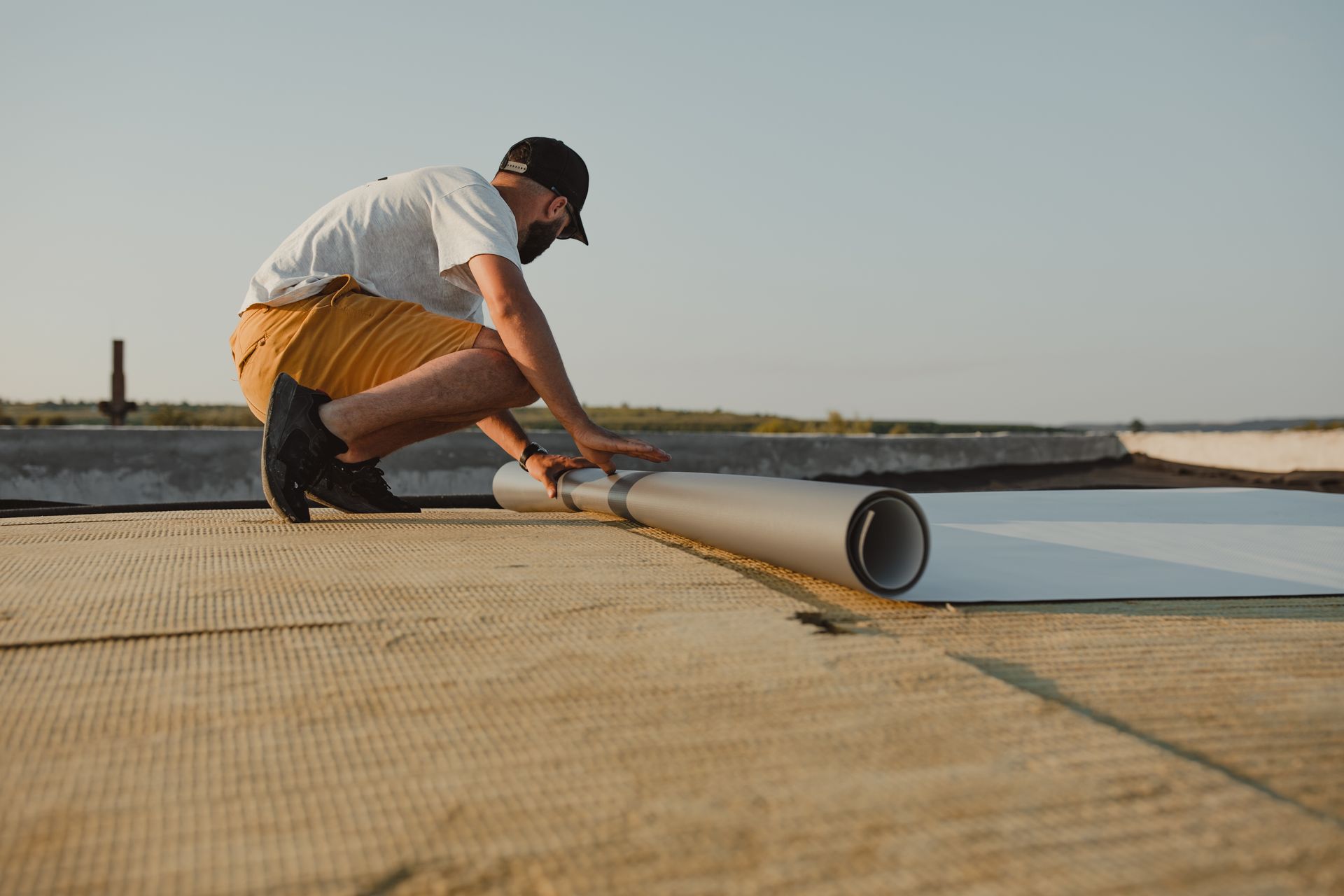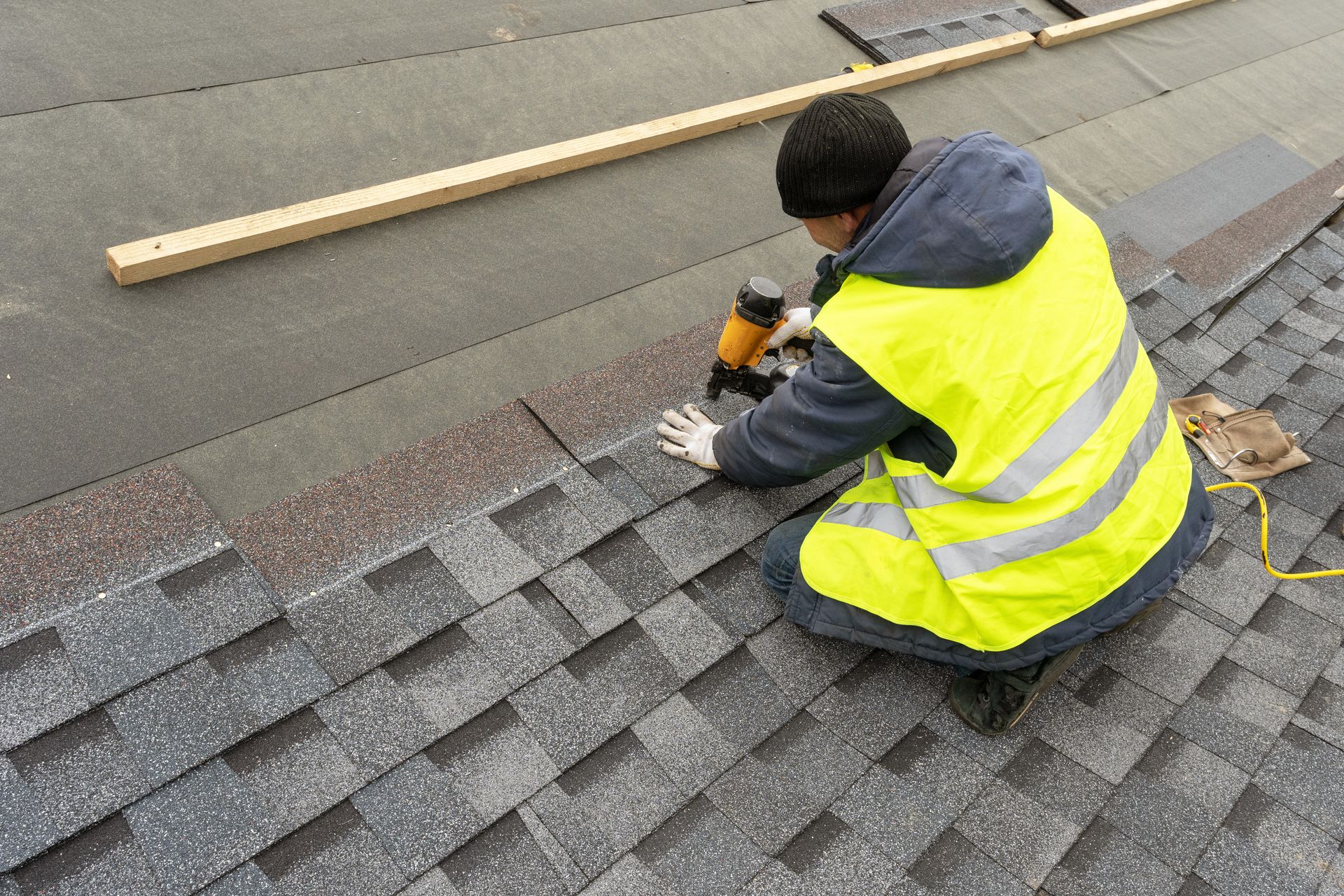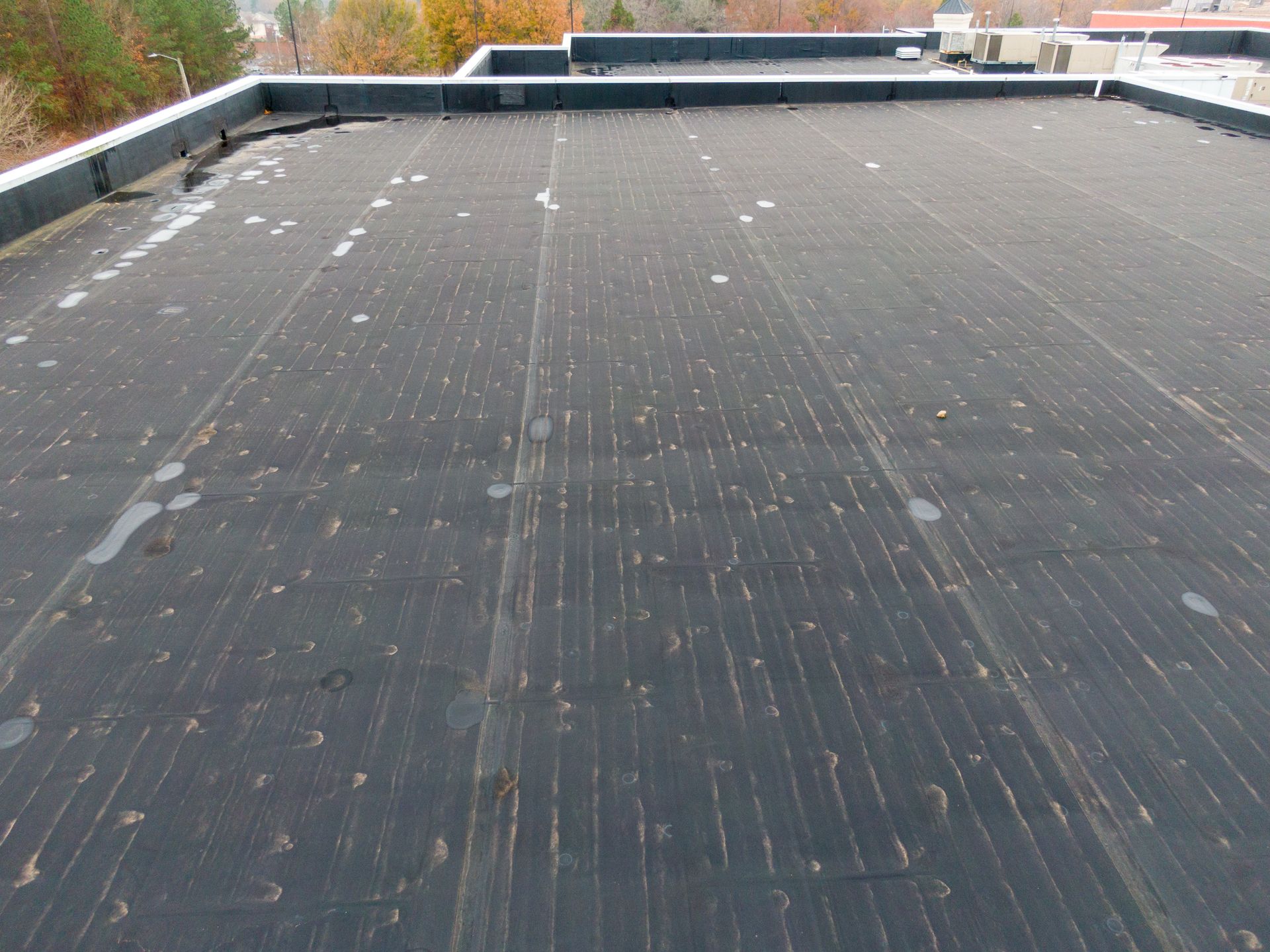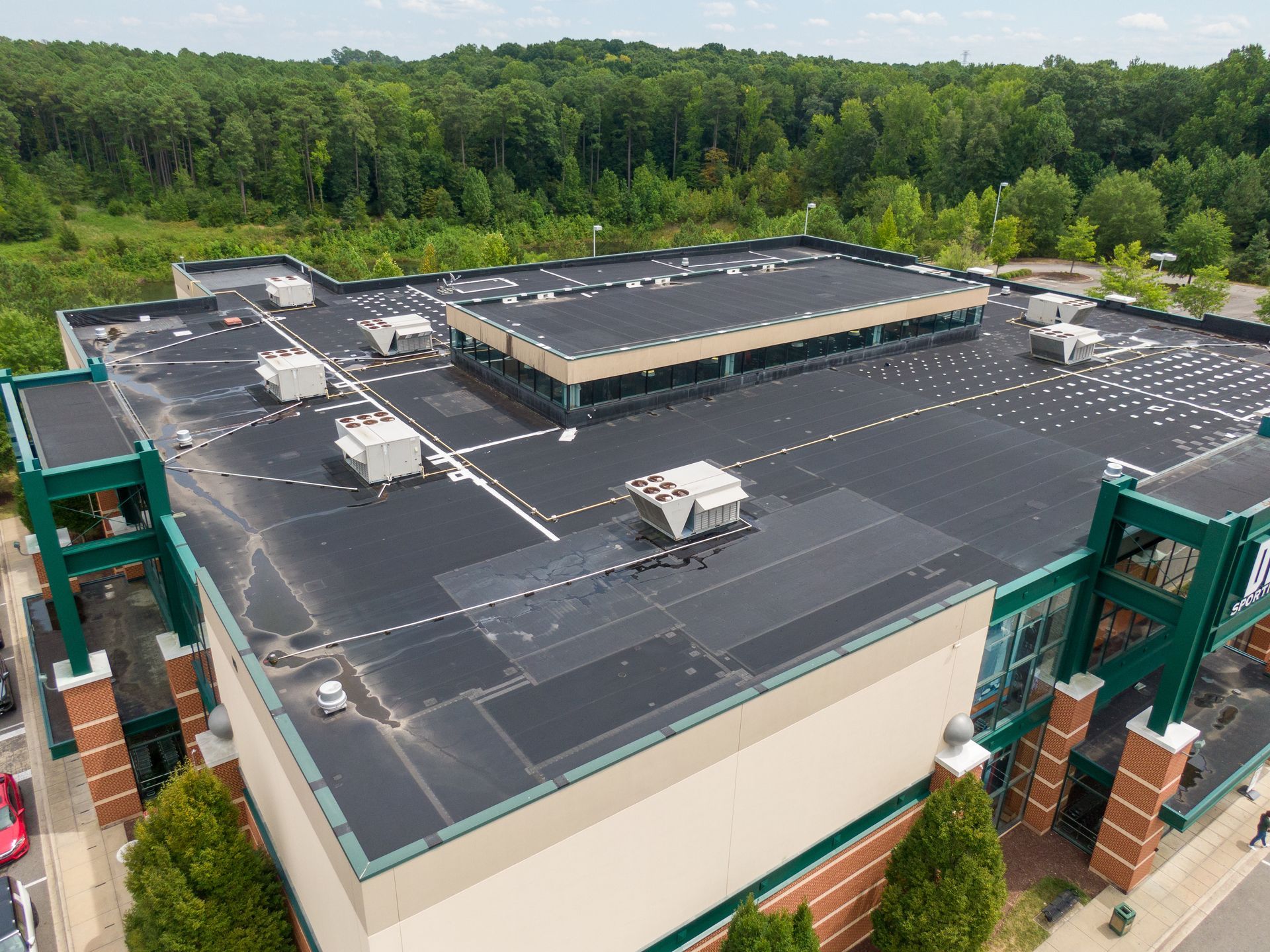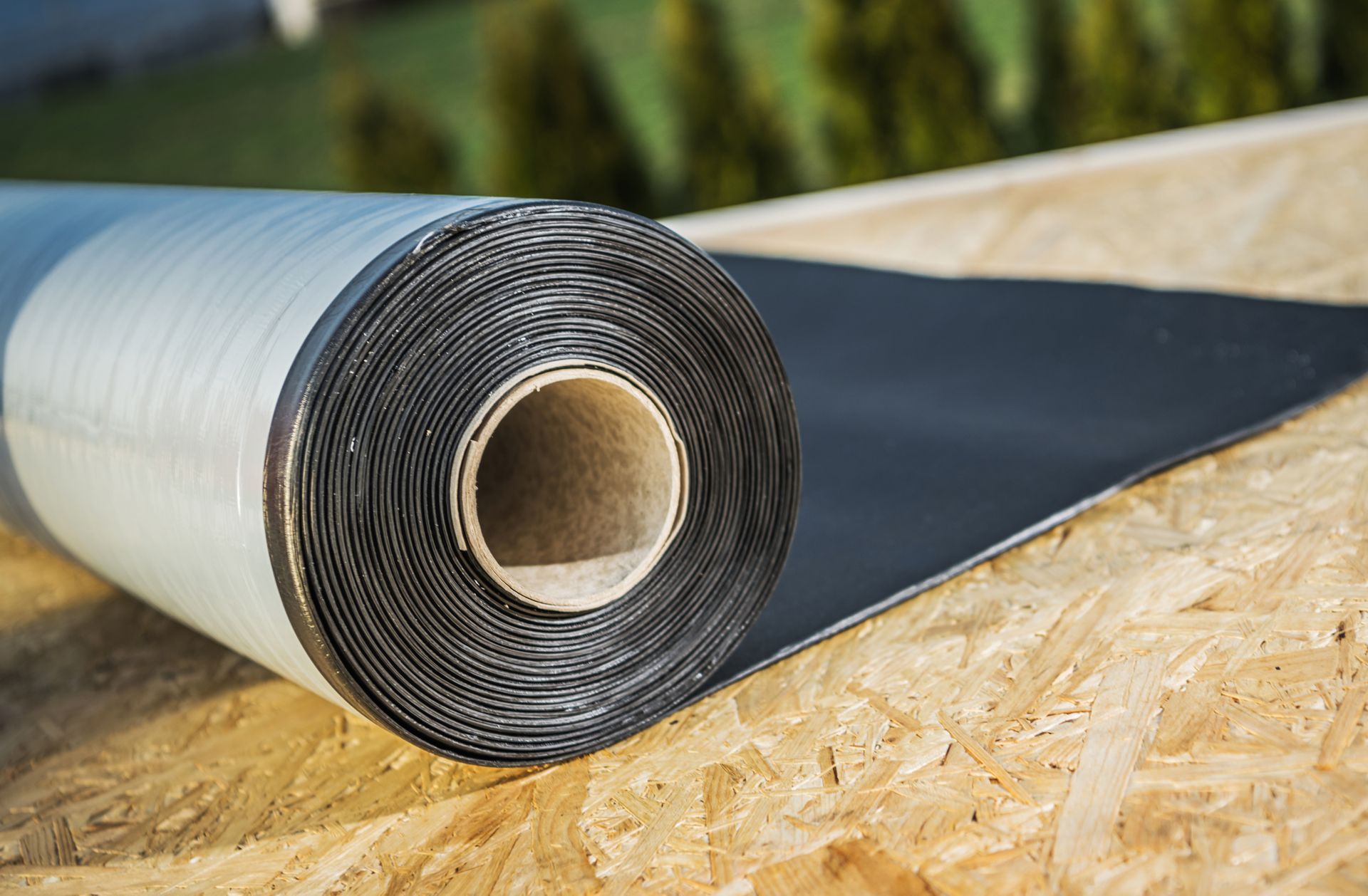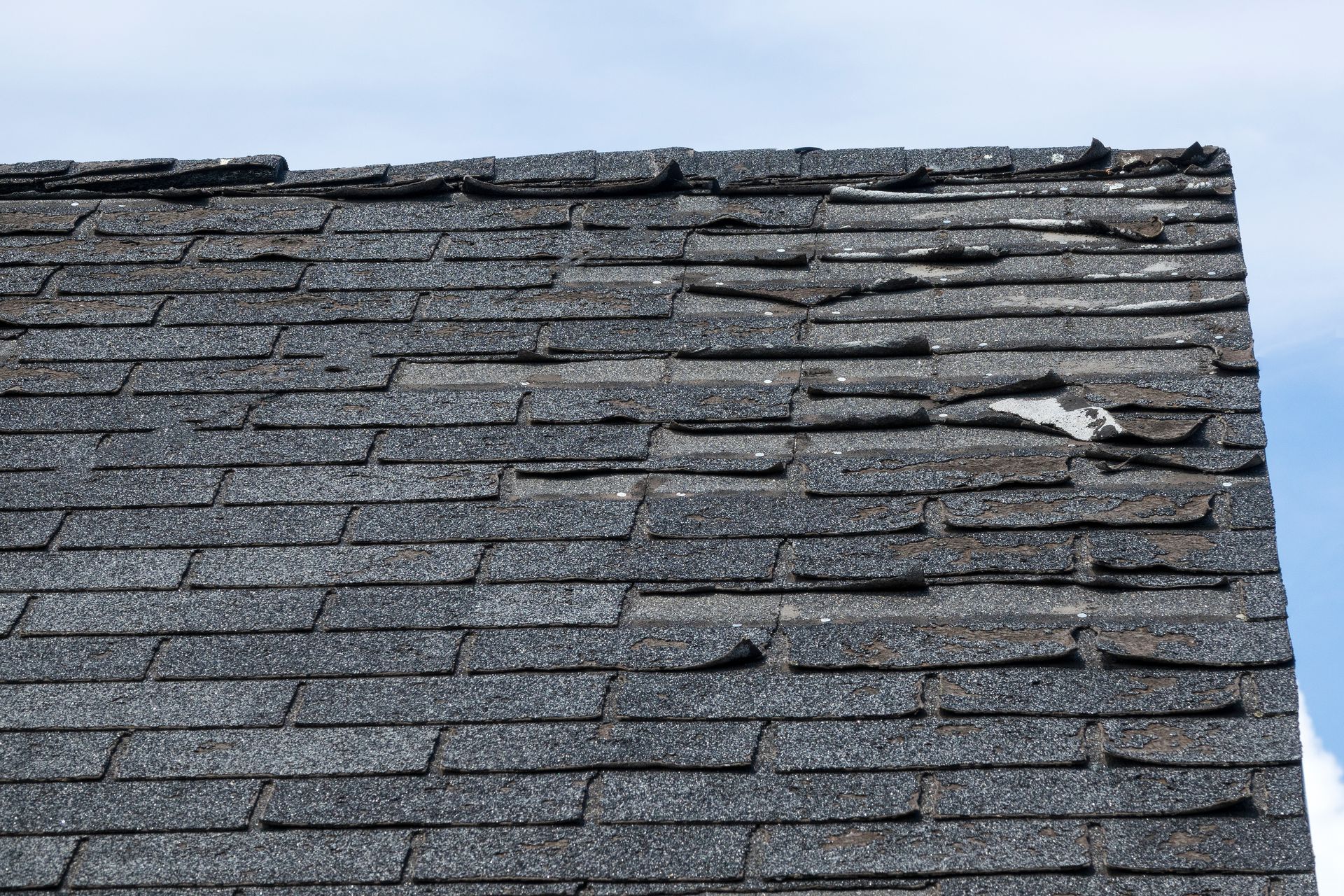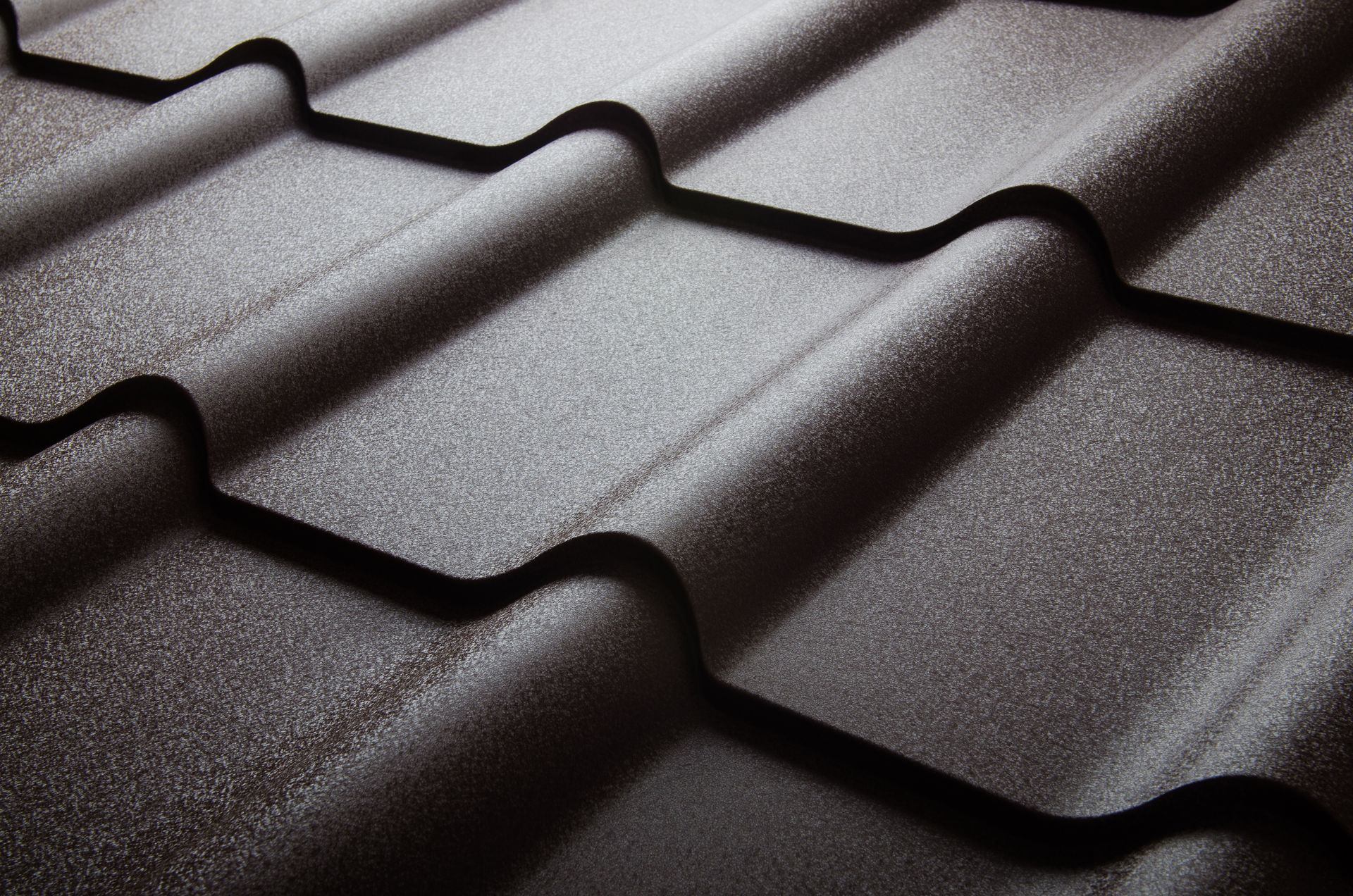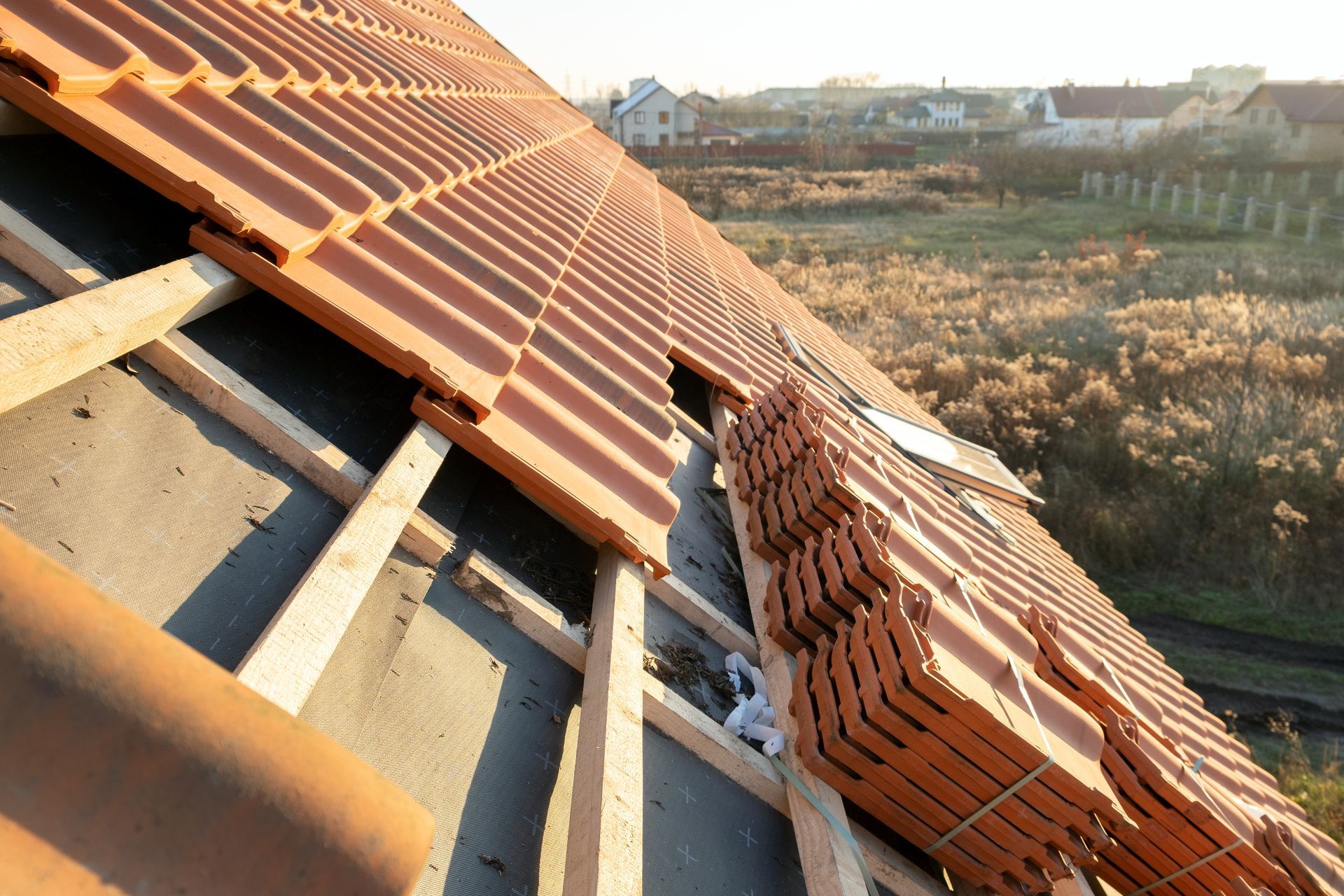Are Roofs on Industrial Buildings the Same as Other Commercial Roofs?

The simple answer is commercial roofs of all types are similar, whether it’s a retail building, warehouse or manufacturing facility. These structures have similar roofing requirements and face some of the same types of challenges. The more complicated answer is there can potentially be some significant differences depending on the sizes of the industrial building and its use.
Industrial roofs may need to support heavy machinery that’s required to facilitate the industrial processes going on inside the building. It may require heavy-duty HVAC systems (which other commercial structures may need as well) to cope with heat produced by industrial processes or manufacturing equipment.
There may also be unique plumbing, ventilation or mechanical requirements based on what the industrial facility is being used for, or specific concerns regarding chemical exposure or pollutants related to the operations of the structure and how those things might impact the roofing material.
Simply put, there are a lot of variables that can impact roofing decisions when it comes to industrial roofing, which is why it’s important to consult with an experienced commercial roofer about roof replacement, repairs or modifications before committing to a solution.
What Is Industrial Roofing?
Industrial roofing refers to the roofing systems installed on industrial or commercial properties, such as factories, warehouses, distribution centers and manufacturing plants.
Unlike residential roofs, which are primarily designed for aesthetic appeal and weather protection, industrial roofs are engineered to withstand heavy loads, harsh environmental conditions and specific operational requirements.
Key Considerations for Industrial Roofing
- Structural Integrity: Industrial roofs must support heavy equipment, machinery and HVAC systems. It may also be subject to far more roof penetrations (piping, vents, conduits, equipment, etc.) than other commercial roofs and must be able to withstand those penetrations without compromising stability.
- Durability: Industrial properties are often subject to intense wear and tear, including exposure to chemicals, extreme temperatures and frequent foot traffic. The roofing materials must be durable enough to withstand these conditions for decades without suffering accelerated wear or damage.
- Weather Resistance: Industrial roofs must provide reliable protection against the elements, including rain, snow, hail, wind and UV radiation. The roofing system should be designed to prevent water infiltration, resist wind uplift and minimize the risk of damage from environmental factors.
- Energy Efficiency: With rising energy costs and environmental concerns, energy-efficient roofing solutions are becoming increasingly important for industrial properties. Reflective roofing materials, insulation systems and cool roof technologies can help reduce energy consumption and lower utility bills.
- Maintenance Needs:
Regular maintenance is essential for maximizing the lifespan and performance of industrial roofing systems. The roofing materials should be easy to maintain and repair, with access points for inspection and maintenance activities.
Types of Industrial Roofing Systems
- Metal Roofing:
Metal roofing is a popular choice for industrial properties due to its durability, longevity and low maintenance requirements. Metal roofs are available in various materials, including steel and aluminum.
- Built-Up Roofing (BUR):
Built-up roofing consists of multiple layers of bitumen and reinforcing fabrics, such as fiberglass or polyester, topped with a protective coating or gravel. BUR systems are known for their strength, waterproofing capabilities and resistance to fire and chemicals.
- Single-Ply Membrane Roofing: Single-ply membrane roofing systems, such as TPO (thermoplastic olefin) and PVC (polyvinyl chloride), offer lightweight, flexible and cost-effective solutions for industrial roofs. These membranes are heat-welded or adhered to the roof substrate and provide excellent weather resistance and energy efficiency.
- Modified Bitumen Roofing:
Modified bitumen roofing combines asphalt with modifiers such as APP (atactic polypropylene) or SBS (styrene-butadiene-styrene) to enhance flexibility, durability and weather resistance. Modified bitumen roofs are often used in high-traffic areas or where superior puncture resistance is required.
- Spray Foam Roofing:
Spray foam roofing involves the application of polyurethane foam insulation directly onto the roof substrate, followed by a protective coating. This seamless roofing system provides excellent insulation, waterproofing and energy efficiency, making it ideal for industrial properties with complex roof shapes or insulation needs.
Unique Challenges of Industrial Roofing
- Complex Roof Structures: Industrial facilities often feature expansive roofs with unique operational requirements, including multiple levels, equipment penetrations and irregular shapes. Designing and installing roofing systems that accommodate these complexities while maintaining structural integrity can be particularly challenging.
- Chemical Exposure:
Certain industrial processes involve the use of chemicals and corrosive substances that can degrade roofing materials over time. Selecting chemically resistant roofing materials and applying protective coatings are essential to mitigate the impact of chemical exposure.
- Equipment Interference: Industrial roofs may house various mechanical equipment, HVAC systems and utility infrastructure that can interfere with roofing installations and maintenance activities. Coordination between roofing contractors and facility managers is crucial to navigate these challenges effectively when repairs and maintenance are required.
- Safety Considerations:
Industrial roofing projects often entail working at heights and navigating hazardous environments. Strict adherence to safety protocols, including fall protection measures and specialized training for roofing personnel, is important to minimize the risk of accidents and injuries.
Investing in Long-Term Protection for Your Roof
At Billy Harris Roofing, we're committed to providing top-quality industrial roofing solutions that meet the highest standards of performance, reliability and customer satisfaction.
Contact us today here on our website or call (817) 249-3338 to schedule a free inspection and learn more about our industrial roofing services and how we can help protect and enhance your property for years to come.

